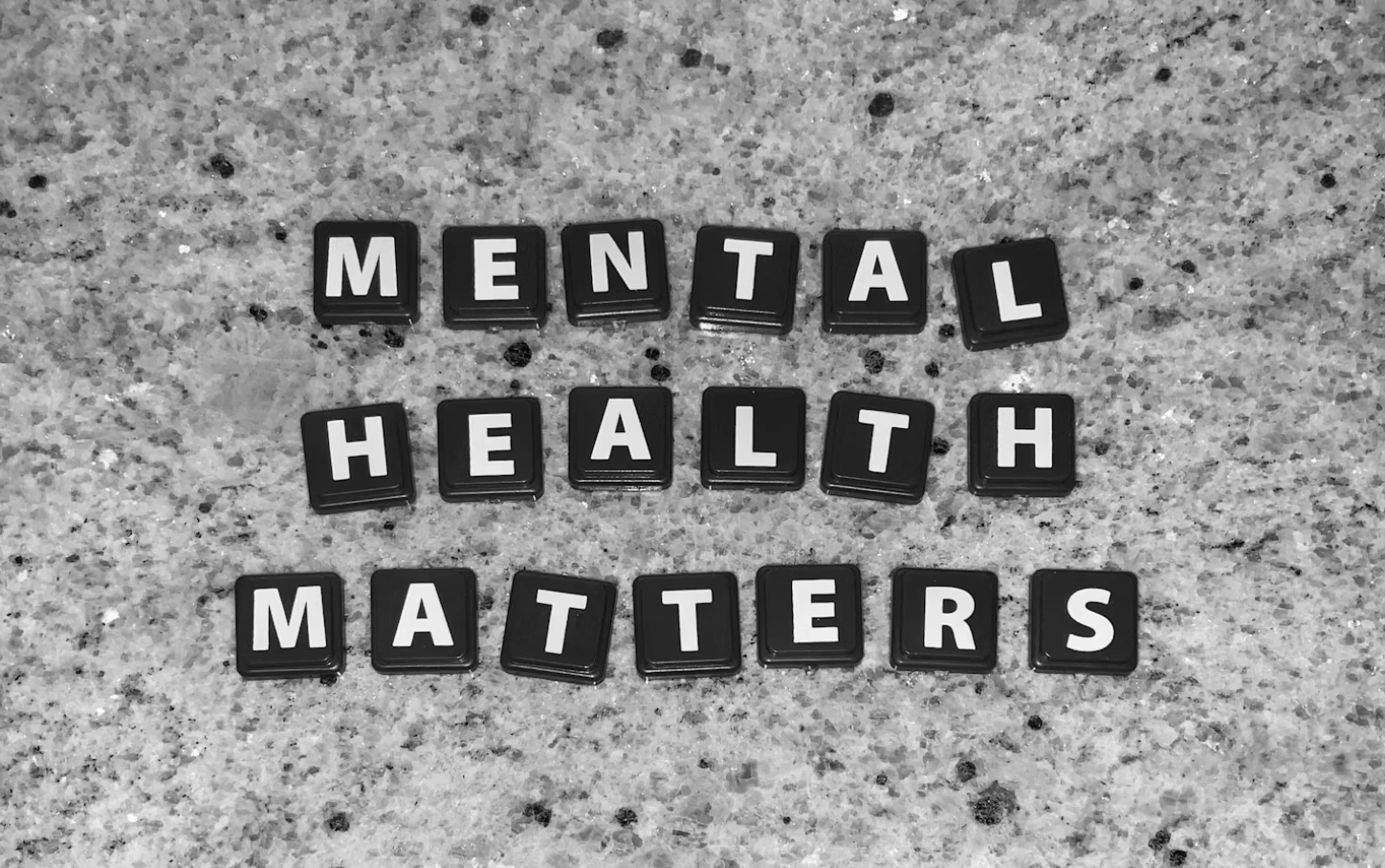If you are thinking about getting an emotional support animal (ESA), it is important to know which mental health conditions may make you eligible. People with certain mental or emotional disorders can often benefit from having an ESA and may qualify for trusted ESA letters from a licensed therapist if they meet specific requirements during their assessment.
Understanding if you qualify can help you decide if this type of support might be right for your needs. Learning more about this process can make it easier to start working with a mental health professional and request trusted ESA letters from a licensed therapist.
Anxiety disorders
Anxiety disorders are one of the most common reasons people qualify for an emotional support animal (ESA). These conditions include generalized anxiety disorder, social anxiety disorder, and specific phobias.
If you have an anxiety disorder, you may feel constant worry, restlessness, or fear. These feelings may interfere with daily life, making regular tasks feel much harder.
Many people with anxiety notice symptoms like trouble sleeping, difficulty focusing, or feeling tense often. These symptoms can create challenges at work, school, or in social settings.
An ESA provides comfort and support through companionship. Having an animal nearby may help reduce feelings of isolation and ease your emotional symptoms. A mental health professional can help determine if an ESA is right for you based on your specific situation.
Living with an anxiety disorder can be stressful, but support options like ESAs are available. You are not alone in facing these challenges.
Depression
Depression is a common mental health condition that can qualify you for an emotional support animal (ESA). If you are dealing with persistent sadness, loss of interest, or trouble carrying out daily tasks, an ESA might help provide comfort.
Your mental health provider may consider recommending an ESA if your depression affects your ability to manage daily life. An animal can help by giving companionship and a sense of calm.
Many people with depression notice changes in their mood when they spend time with an ESA. It is important to have a diagnosis from a licensed mental health professional to see if you qualify.
Having an ESA does not replace therapy or medication, but it can be a helpful part of managing your depression.
Post-Traumatic Stress Disorder (PTSD)
Post-Traumatic Stress Disorder, or PTSD, can develop after you witness or go through a very stressful or frightening event. These events might include accidents, natural disasters, assault, or combat.
If you have PTSD, you might notice symptoms like flashbacks, nightmares, trouble sleeping, and feeling anxious. It can also affect your mood and how you think or act in daily life.
PTSD often makes it hard to manage stress or feel safe, even in everyday situations. These symptoms might keep you from doing normal activities or feeling comfortable around others.
Because of the impact PTSD can have on your daily life, it is one of the mental health conditions that may qualify you for an emotional support animal (ESA). An ESA can provide comfort and help you cope with the challenges PTSD brings.
If you think you may have PTSD, it is important to talk to a mental health professional. They can give you a diagnosis and discuss possible ways to cope, including an ESA.
Obsessive-Compulsive Disorder (OCD)
If you have obsessive-compulsive disorder (OCD), you deal with unwanted thoughts or urges called obsessions. These are often stressful and hard to control. To ease these thoughts, you may feel pushed to repeat certain actions, called compulsions.
Common compulsions include hand washing, checking, or counting. Even though you might realize these actions do not make sense, you may find it difficult to stop them. These rituals can take up a lot of your time each day.
OCD can get in the way of everyday tasks, work, or relationships. You may feel anxious or uncomfortable if you are unable to do these routines. Because OCD affects many parts of your life, it often qualifies as a reason to get an emotional support animal (ESA).
Having an ESA can help you manage some of the stress that comes with OCD. Their presence may make you feel calmer and less anxious during tough moments.
Panic disorders
Panic disorders are a type of anxiety disorder that can qualify you for an emotional support animal. If you have panic attacks that come on suddenly and cause strong feelings of fear or discomfort, a mental health professional may diagnose you with a panic disorder.
You might have symptoms like chest pain, a fast heartbeat, shaking, or trouble breathing. These symptoms can be frightening and may keep you from doing daily activities.
An emotional support animal can help by providing comfort and companionship when you feel anxious or afraid. Your pet may help calm you during or after a panic attack.
To get an emotional support animal for panic disorder, you need a letter from a licensed mental health provider. This letter shows that your panic disorder affects your well-being and that an animal can offer helpful support.
Conclusion
If you have a mental health condition like anxiety, depression, post-traumatic stress disorder, or bipolar disorder, you may qualify for an emotional support animal.
Emotional support animals are recommended by licensed mental health professionals after an evaluation of your needs and symptoms.
You must have a diagnosed mental or emotional disability that affects daily life in order to get an ESA letter.
Remember, physical disabilities alone do not qualify you for an ESA.














